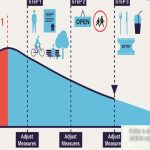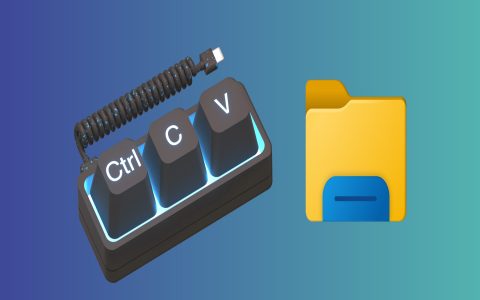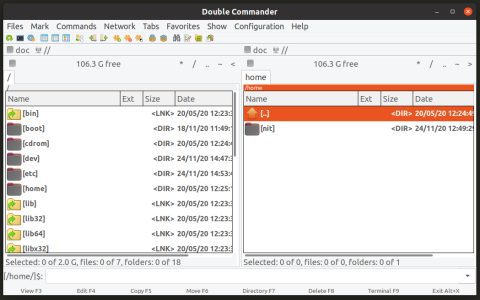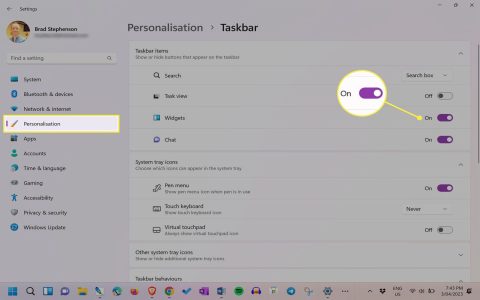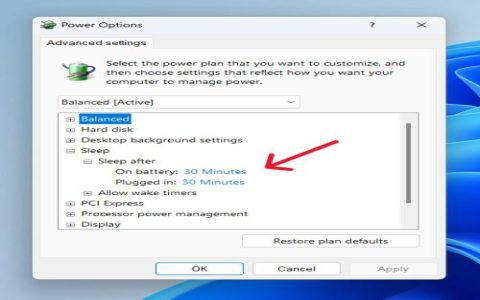Computer magnet dangers primarily threaten hardware components, especially traditional hard disk drives (HDDs), by disrupting magnetic fields and corrupting stored data. Modern systems with solid-state drives (SSDs) are less vulnerable, but precautions remain critical.
How Magnets Cause Damage
Magnets interfere with data storage through several mechanisms:
- HDD Corruption: Powerful magnets distort magnetic particles on platters, leading to data loss or drive failure. Permanent magnets like neodymium types are most hazardous.
- Component Disruption: Magnets near speakers, motors, or older CRT monitors can misalign internal parts, causing malfunctions or permanent damage. Sensitive electronics may experience induced currents or short circuits.
- Accidental Exposure: Everyday items like magnetic phone holders, tools, or toys placed near devices increase risk, often resulting in undetected slow degradation.
Simple Fixes and Prevention Measures
If damage occurs, immediate steps can mitigate issues:
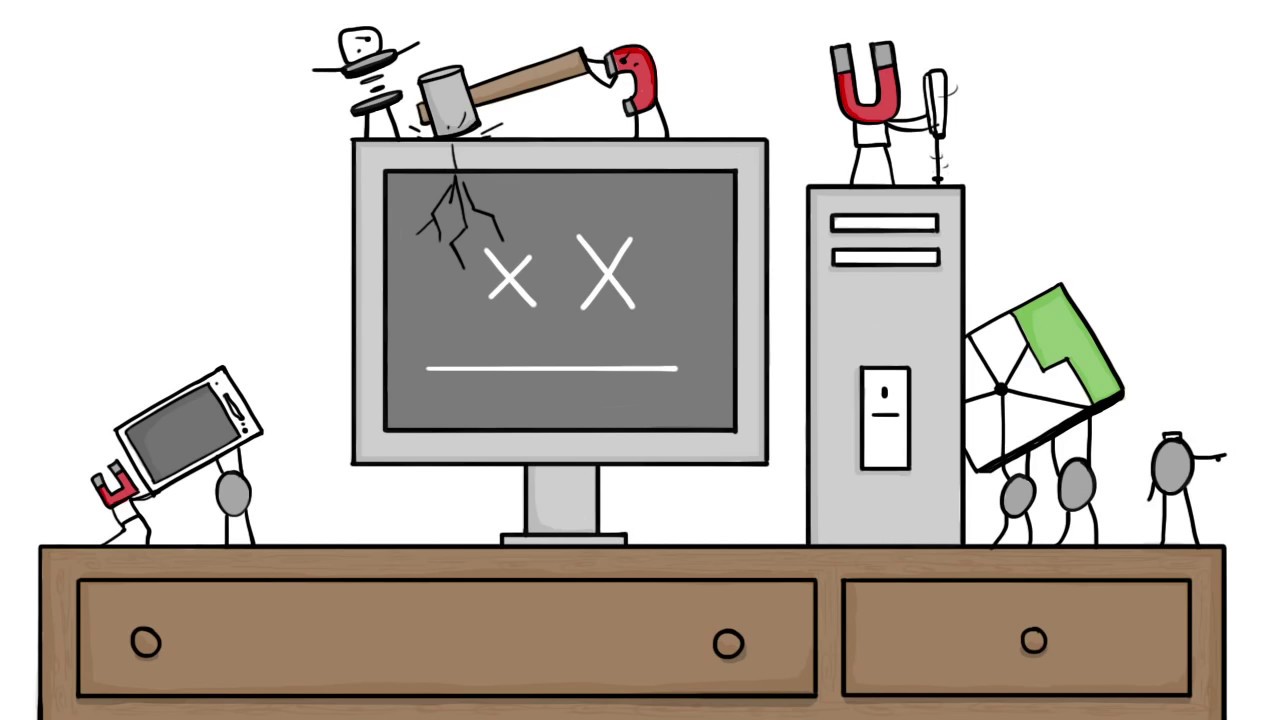
- Disconnect and Assess: Shut down the computer and remove external magnets. For data loss on HDDs, use professional recovery software to retrieve corrupt files if the drive is still functional.
- Hardware Replacement: Replace damaged HDDs or affected parts; consider upgrading to SSDs for resilience. For other components, consult a technician for repairs or swaps.
- Preventive Actions: Store magnets at least one foot from computers. Use non-magnetic accessories and maintain regular backups to minimize data loss risks.
Proactive measures significantly reduce magnet hazards, protecting both data integrity and hardware longevity.



